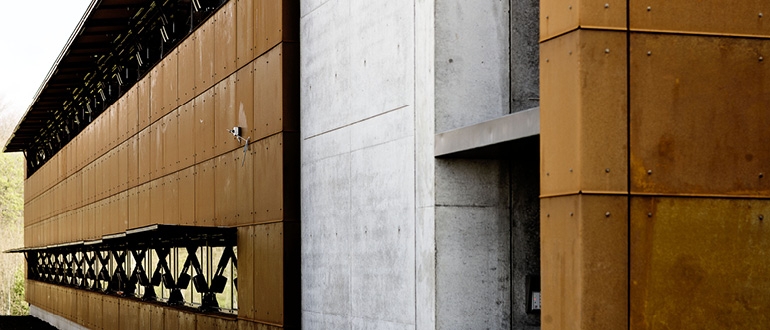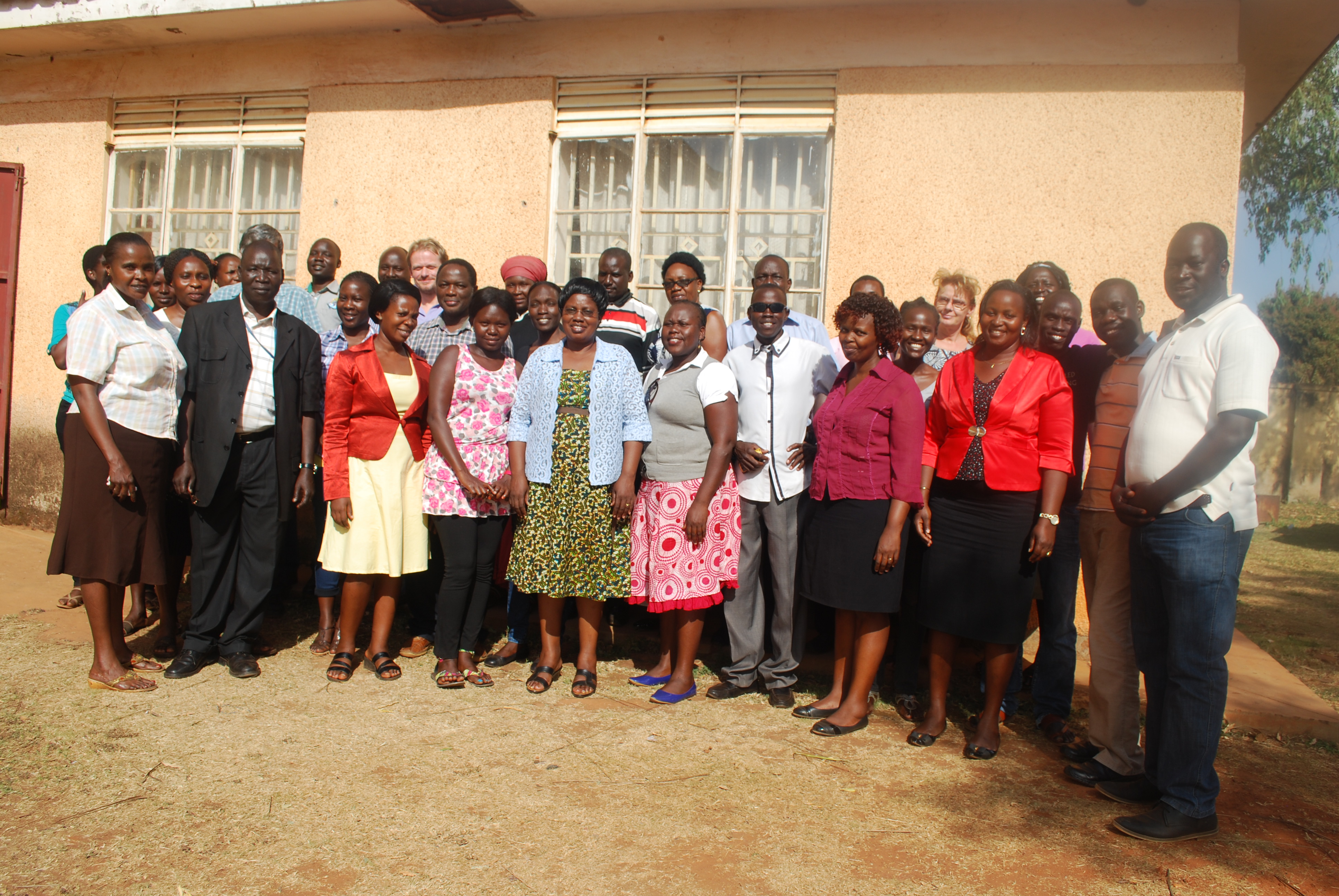
Let him Come Home – Learning and Teaching about the impact of the International Criminal Court in Northern Uganda
From 13-25 January 2017, Associate Professor Martin Mennecke from the SDU Department of Law is in Northern Uganda to participate in an interdisciplinary research and teaching project about the role of the International Criminal Court in Africa.
The International Criminal Court (ICC) can prosecute atrocity crimes committed in 126 countries, but is based in The Hague in the Netherlands. This means ICC trials by default take place far away from the victims and affected communities. Victims will not be able to attend the trial and may find it hard to understand the legalistic ICC proceedings which take place in a foreign language and in a court system very different from the justice traditions known to the local population. This situation creates many challenges, but for many victims the ICC is the only option to achieve justice for the grievances they have suffered. In their own country, the national system may not be able or willing to deliver accountability for grave human rights violations.
Associate Professor Martin Mennecke teaches a course on these issues (Transitional Justice and International Security) as part of SDU’s interdisciplinary Master of International Law and Security (MOISL) and also does much of his research in this area. This week, he had the chance to discuss and experience first hand the local meaning of ICC trials with victims of atrocities committed by the Lord Resistance Army (LRA) in Northern Uganda. Mennecke co-organised as part of a DANIDA sponsored capacity building project (Building Stronger Universities) a course on Legal Pluralism and Transitional Justice at Gulu University in Northern Uganda. The meeting brought together a number of different disciplines including law, anthropology and history. At the same time, many of the course participants have themselves suffered through the violence of the war which turns otherwise purely academic discussions also into the sharing of personal experiences.

The participants and teachers of the course outside the Institute for Peace and Strategic Studies at Gulu University.
This very week, the ICC plays a special role for the people of Northern Uganda. More than ten years ago the ICC issued arrest warrants against leaders of the LRA – but it is this week that one of them, Dominic Ongwen, faces the judges in The Hague. It is a complicated case, as Ongwen stands trial for allegedly having ordered atrocities against the local population, including by child soldiers – but is said to have done so only after he once himself had been abducted as a child by the LRA. Some people in Northern Uganda believe it is only right that Ongwen finally is held accountable for the suffering he brought over their families – while others insist that he should not face a foreign, formal court. Instead they argue, he should be returned to his village and participate in local traditional justice rituals that emphasise reconciliation and the restoration of broken community links over punishment.
.jpg?la=en&hash=0AEB6F5BD8C2F518B967D26B47314C41)
The ICC screened the Ongwen trial in a school in Gulu - but this day only in English, a language not widely understoood by all in the local population.
Mennecke explains that these matters have led to lively discussions among the participants at Gulu University. The course also underscored that land rights and how to solve disputes concerning land rights are an essential part of the post conflict agenda. Mennecke continues
“this kind of interaction provides for unique insights into the meaning of the International Criminal Court in practice. At the same time, it is humbling and inspiring to meet with survivors of unspeakable atrocity crimes. No book, no reading of a judgment can replace this kind of experience.”
This visit will enrich my own work, Mennecke says, and also mentions two MOISL students he currently supervises. Both explore the role of victims in ICC proceedings, and Mennecke sees new opportunities for their thesis research based on contacts he has made this week. The cooperation with Gulu University is expected to continue for the next four years.